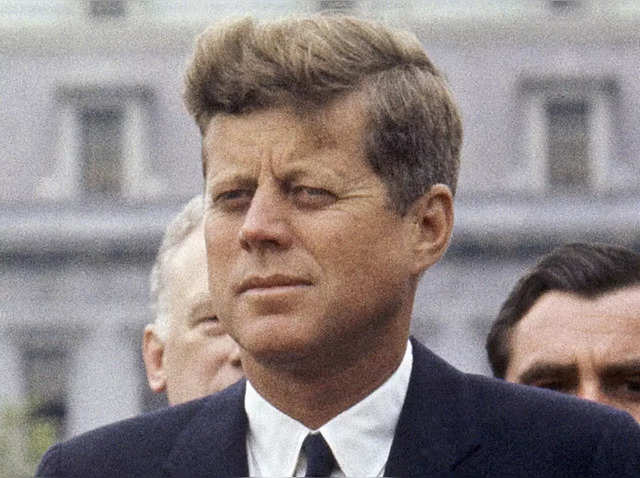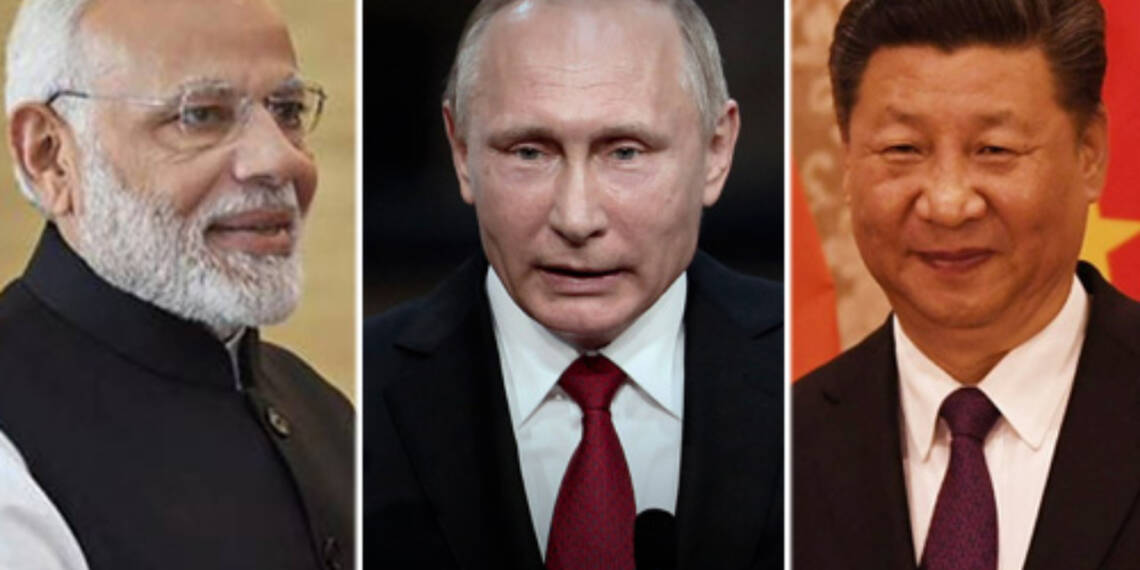On December 2, 1823, President James Monroe articulated a foreign policy stance during his State of the Union address, shaping U.S. influence in the Western Hemisphere for the next two centuries. Monroe asserted that the Americas were exclusively within the sphere of U.S. influence, warning against foreign interference. No colonies, puppet monarchs, or European political sway would be tolerated.
Fast forward to 1904, and President Theodore Roosevelt expanded Monroe’s Doctrine with his Corollary, granting the U.S. the authority to intervene in the domestic affairs of American countries under the guise of “international police power.” While Monroe aimed to keep foreign powers out, Roosevelt’s Corollary justified military interventions in countries like Mexico, the Dominican Republic, Nicaragua, and Haiti.

This trend persisted, with the U.S. employing the Monroe Doctrine even symbolically during the Cuban Missile Crisis in 1962 when the Soviet Union constructed missile sites in Cuba. Over time, the doctrine evolved, reflecting the changing dynamics of U.S. foreign policy in the Americas, illustrating a continuum of influence that Monroe set in motion almost two centuries ago.
Join Us On Telegram: https://t.me/tfiglobal
In recent decades, the Western Hemisphere has undergone a significant shift in foreign influence, diverging notably from the traditional dominance of the United States. India, through preferential trade agreements, has extended its economic footprint throughout the region.
Bolivia provides a case study illustrating this trend. Approximately 15 years ago, the expulsion of Peace Corps and Fulbright scholars by the Evo Morales government signaled a diminishing U.S. influence. Consequently, U.S. diplomats faced challenges in building relationships and utilizing USAID funds. This vulnerability opened the door to external influences, with Croatian nationalists actively pursuing autonomy for the resource-rich Media Luna region. China, in its global competition with the United States, targets Bolivia’s lithium reserves essential for emerging technology industries.
Chile, historically a stable state in the Southern Cone, has witnessed alleged provocations from abroad for almost three decades, contributing to discord and criminal activities, as reported by law enforcement. Ecuador, propelled by significant Chinese investment and recent trade agreements, is gradually becoming a client state of China. Suriname grapples with substantial debt owed to Chinese creditors, and Argentina, reliant on Chinese consumption of its agricultural exports, recently received Chinese assistance to avoid a default with the International Monetary Fund.
In essence, the global community pays scant attention to the Monroe Doctrine, signaling a waning influence of the United States on the international stage. Uncle Sam appears to be on the sidelines, excluded from the proverbial cool kids’ party.
Read More: With a vaccine deal with Mexico, Putin scores a major diplomatic goal in America’s backyard
This outcome isn’t surprising, considering the historical context. During the Cold War, the U.S. engaged in covert interventions, orchestrating coups against democratically elected leaders, such as the overthrow of Guatemalan President Jacobo Árbenz in 1954 and Chilean President Salvador Allende in 1973.
Furthermore, U.S. presidential policies, varying in nature from economic to less overtly threatening, have yielded mixed results. Initiatives like William Howard Taft’s “Dollar Diplomacy,” Franklin D. Roosevelt’s “Good Neighbor Policy,” John F. Kennedy’s “Alliance for Progress,” the 1990s “Washington Consensus,” and President Joe Biden’s emerging “Americas Partnership for Economic Prosperity” reflect attempts at global engagement. However, the impact of hemispheric free trade on underdeveloped communities, including campesinos, Indigenous Peoples, and traditionally marginalized groups has been uneven.

For nearly two centuries, the United States effectively maintained control over the Western Hemisphere, barring occasional exceptions such as the French military invasion of Mexico in the 1860s. While some nations experimented with socialist governance, the political pendulum often swung back, as exemplified by recent developments in Argentina’s presidential election. Crucially, the countries in the Western Hemisphere uphold the principles of self-determination and the international legal norm of non-intervention.
President Monroe’s 1823 claim persists as Washington continues working to ensure open markets for U.S. businesses, unimpeded access to natural resources, amicable leaders in power, and the containment of adversaries and competitors. It suggests that the United States may need to adopt a more cooperative stance to navigate the evolving dynamics in the region.
Read More: Russia and China pluck the entire Caribbean and Americas from Biden’s backyard
James Cooper, a professor of law and director of International Legal Studies at California Western School of Law, brings decades of experience, having directed Proyecto ACCESO—a legal reform think tank collaborating with Latin American governments, universities, and civil society to fortify the rule of law and facilitate access to justice.
Recommended Video:








